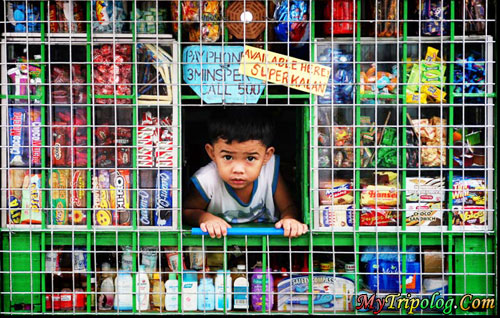This must be the question on top of our minds at the moment? Let us try to explain in digestible bits.
It is the latest socio-economic buzz word that many of us perhaps do not pay much attention to. Perhaps the easiest way to explain it is to dissect the term : social + enterprise; and see if the marrying of these two words bring a clearer meaning to the term.
The word social means anything pertaining to the society in general, or to the environment we live in or the organization we are attached to. Thus, for instance, we say in the Philippines socialan, meaning a gathering or a venue to mingle and socialize with old friends and meet new ones. A social setting can be formal or informal. Anything relating to the way we interact with our surroundings is considered social. Thus we hear, social networking from which we are most familiar which Facebook, Pinterest, LinkdIn, and others which are designed for its members to meet and stay in touch with each other.
The word enterprise, on the other hand, is a formal undertaking which connotes being in a business environment. There is structure, there is a plan, there is a goal. The goal usually translates to profit.
To deduce out of the two definitions a social enterprise therefore pertains any business entity, duly registered and set up to sell a product or service, that whilst promoting the the core values of a group, likewise seeks to gain some monetary benefit by way of profits. .
In the Philippine setting, the forerunner of social enterprising, one that most Filipinos will be familiar with are the farm co-operatives, where the local farmers sell their crops to a town warehouse which is then responsible for putting together all similar produce, packaging, then marketing or selling to the public or retail outlets for profit. The profit would either be kept by the co-operative for the improvement of their enterprise, or otherwise shared with the co-operative members in the form of monetary shares. This kind of structure has eventually evolved and expanded into many different forms. The community sari-sari store (variety store), the iCafe initiatives in Manila are examples.
.
 |
| Credit : www.mytripolog.com |
| Credit : www.cocoafair.com |
In Cape Town, social entrepreneurship is quite common. If you look at websites like ASEN http://asenetwork.org/, or Concerned Consumers http://www.concernedconsumers.co.za/, their websites are abuzz with information and activity.
The key to having a successful social enterprise is for stake holders to really be involved in not only investing but in the general well being of the endeavour. It is here where the spirit of Bayanihan and Ubuntu is applied and tested. Social enterprising is a mission driven undertaking which calls for commitment not only from its managers but from its stake holders as well. In some cases, volunteerism is applied and practiced.
Social enterprising has the support of global organizations such as the World Economic Forum, The Social Enterprise World Forum (SEWF), The Social Enterprise Alliance, Echoing Green, Ashoka, African Social Entrepreneurs Network (ASEN), and a whole lot more.
At the Bayanihan SA Cape Town Workshop held on 25 August 2012, Boody Ramos, one of the ad-hoc conveners of the initiative has explained the rudiments of social enterprising in her presentation. A copy of her document will be posted on this blog as soon as available.
We will be posting succeeding articles to supplement this article. In the meantime, let us know what you think? Should the Filipinos in Cape Town pursue this initiative? Send us your thoughts and suggestions.
No comments:
Post a Comment
oi! sa ganang akin lang (in my humble opinion) :